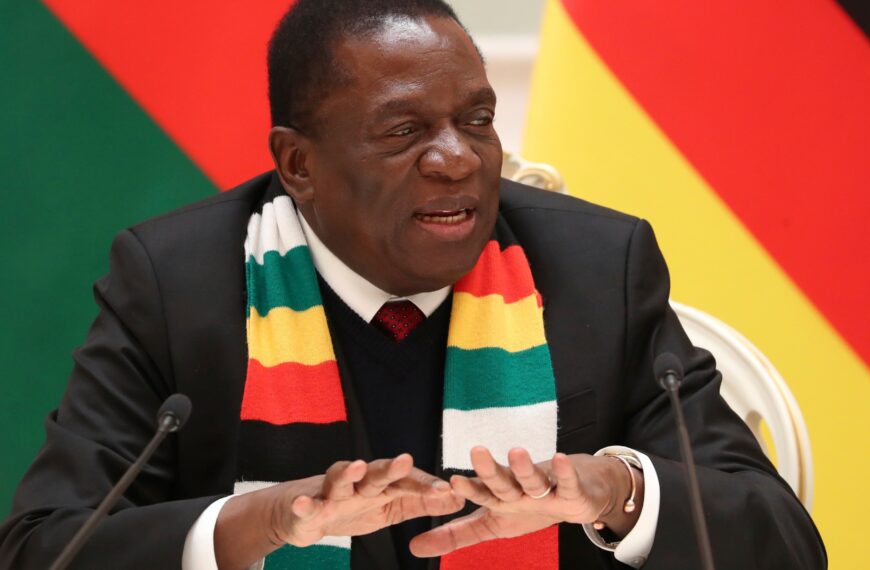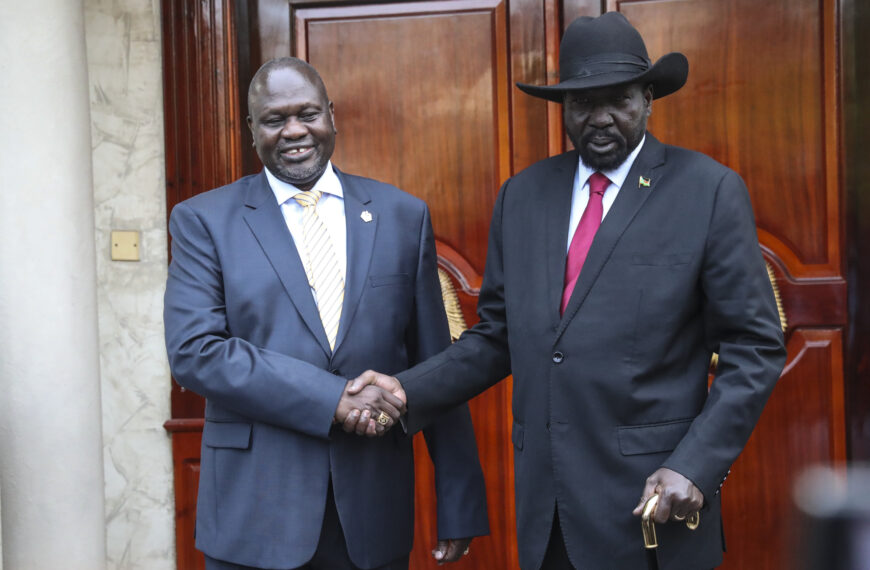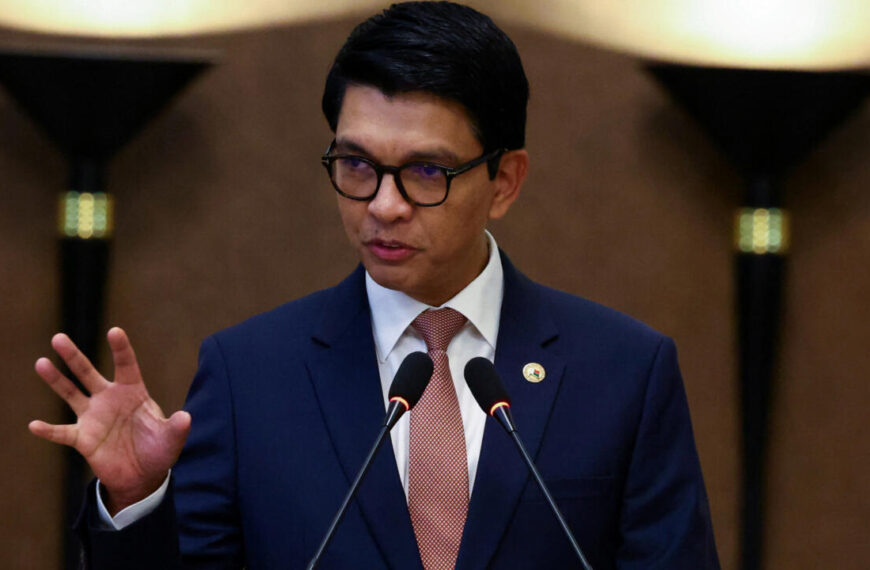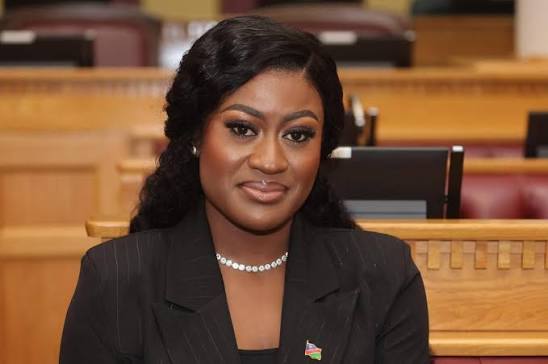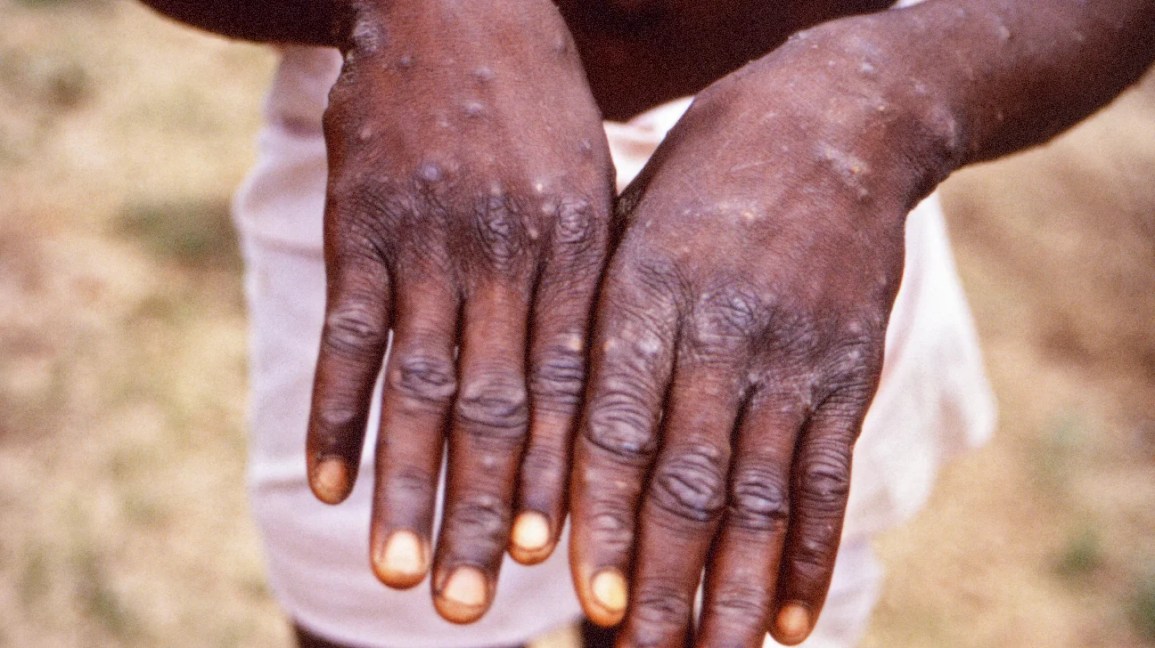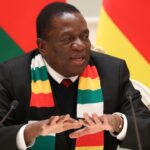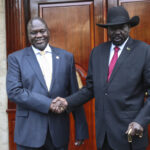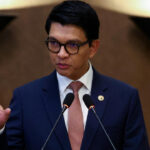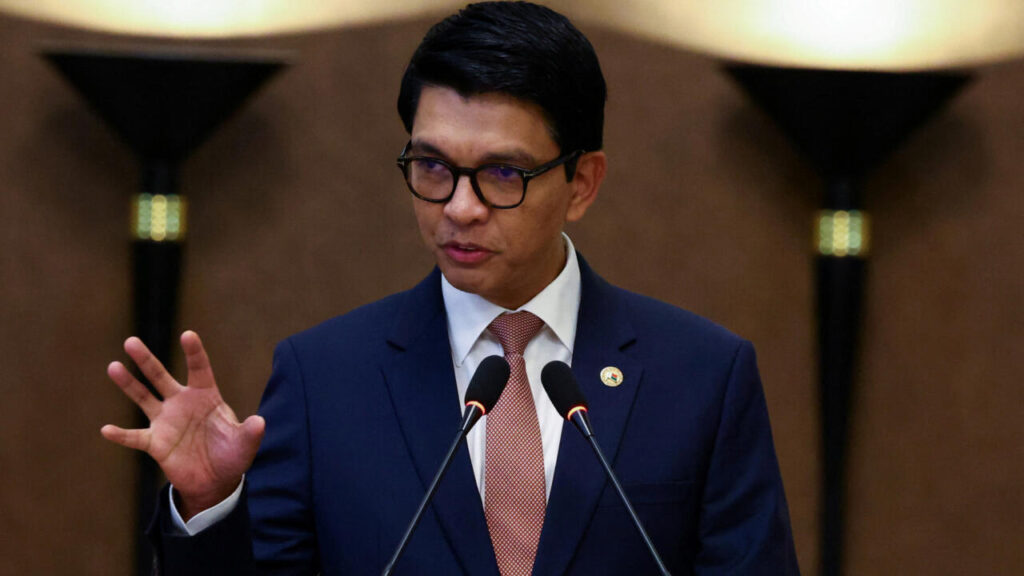
Here’s the updated and rewritten original, professional, and copyright-free version of the news article — now including the part about demonstrations and military involvement that led to the former president’s departure:
Madagascar’s newly installed government has officially revoked former President Andry Rajoelina’s Malagasy citizenship, citing national laws that forbid dual nationality. The decision, signed by Prime Minister Herintsalama Rajaonarivelo and published in the country’s official gazette, follows weeks of political tension and unrest across the island nation.
Background and Legal Basis
Rajoelina’s citizenship issue dates back to 2014, when he obtained French nationality, saying it was to help his children pursue education abroad. However, Madagascar’s nationality law clearly states that any citizen who voluntarily acquires another nationality automatically loses Malagasy citizenship.
The controversy over his dual nationality first surfaced in 2023, when leaked documents confirmed his French naturalisation. Although he defended the decision and continued to serve as president, the matter reignited public anger and political opposition.
Protests and Military Defection
The situation escalated earlier this year after mass demonstrations broke out in the capital, Antananarivo, with thousands of citizens demanding Rajoelina’s resignation. Protesters accused his administration of corruption, poor governance, and betraying national identity through his French citizenship.
As tensions grew, several soldiers and members of the security forces joined the protests, declaring their support for the demonstrators. Their defection significantly weakened the president’s control and forced Rajoelina to leave the country amid fears for his safety.
The new transitional government later announced the revocation of his Malagasy citizenship, making him ineligible to hold or contest any political office in the future.
Political and Regional Implications
The decision marks a major turning point in Madagascar’s political history. Analysts say it not only underscores the government’s stance on national sovereignty and citizenship but also reflects deeper frustration among citizens toward years of political instability.
Rajoelina, who first came to power in 2009 through a military-backed takeover and returned to office a decade later, now faces an uncertain future abroad. His removal from the political scene is expected to reshape alliances and open the door for new leadership in Madagascar.
So far, Rajoelina has not issued an official response, but close allies have hinted that he may challenge the decree legally or seek diplomatic intervention from France.


